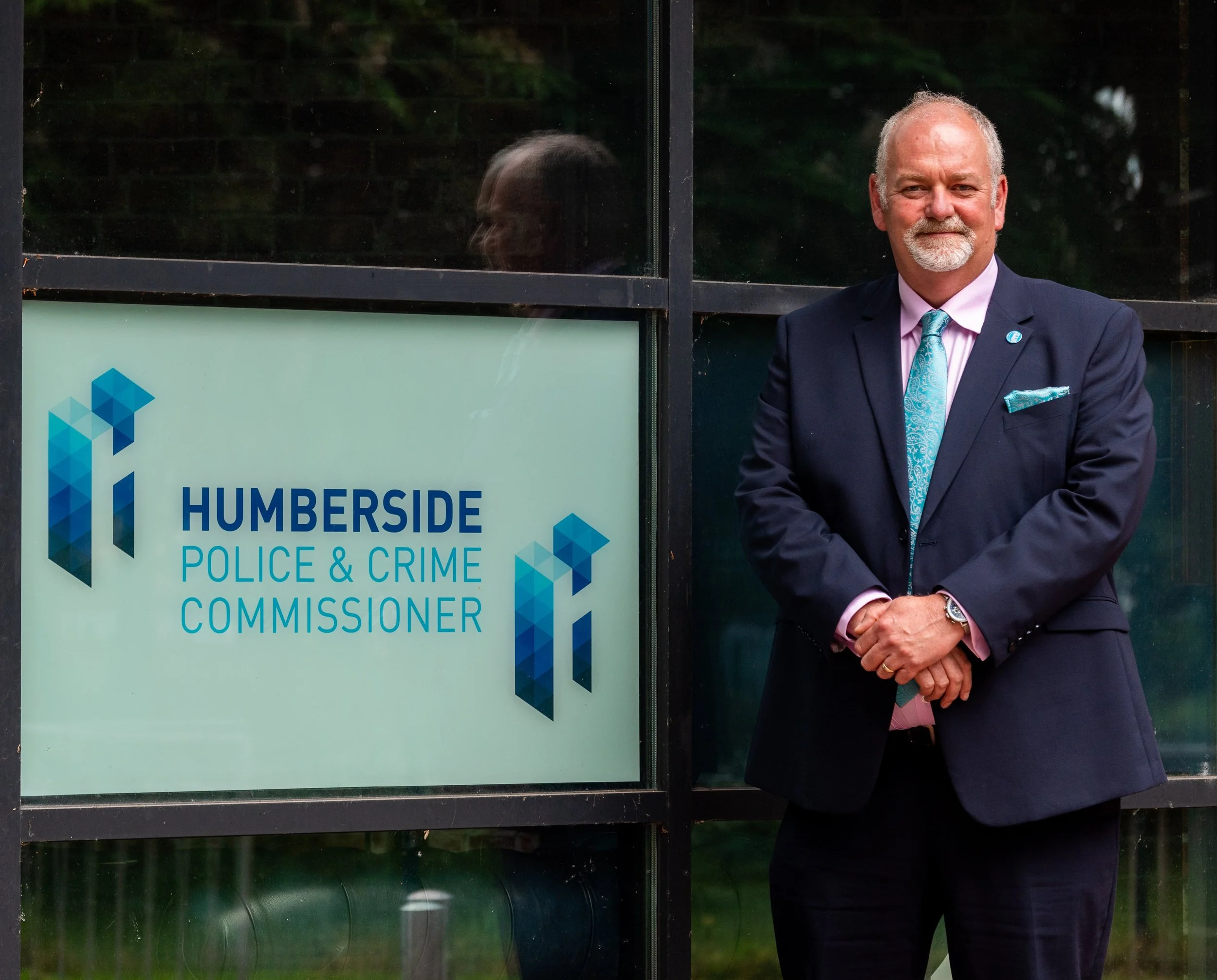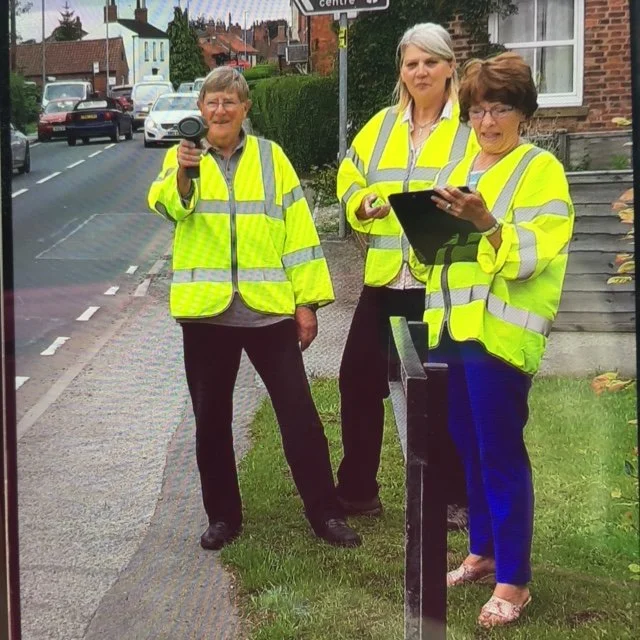Your Police and Crime Commissioner – Jonathan Evison
ADVERTORIAL
Getting to grips with antisocial behaviour
During my term as Police and Crime Commissioner, one of the most frequently raised topics in my meetings and correspondence with residents and businesses, is antisocial behaviour, or ASB as it is often abbreviated to.
Over the last few decades the term ASB has grown to encompass a whole range of subjects which don’t quite meet the threshold to become an actual crime. They include personal ASB, where someone targets a specific individual or group of people, nuisance ASB, where someone cause trouble, annoyance or suffering to a neighbourhood or community, and environmental ASB, where actions affect public spaces or buildings. All of us will, at some point, have experienced antisocial behaviour. It may be groups of young people behaving rowdily in the street, nuisance neighbours having parties until the early hours, inappropriate use of motorcycles or cars, littering, nuisance phone calls and much more.
An often-heard phrase is “there’s nothing for young people to do” so over the last three years I have invested in a large number of youth engagement programmes to give young people a range of positive activities to take part in. There have been many successes and some young people who were already involved in, or on the cusp of criminality, have turned their lives around for the better.
POSITIVE ACTIVITIES: Jonathan Evison at a youth sports event
One of the most frustrating things for me is that no one agency owns the problem when it comes to ASB. Most types of behaviour can cause distress and annoyance but don’t cross the criminal threshold. When they do, such as criminal damage or a minor assault, then it becomes a police matter, otherwise it may be picked up by your local council’s anti-social behaviour team. This causes confusion when people don’t know the correct agency to report it to and increases the frustration when they are told it’s not a police matter or that no officer can attend unless a crime is committed.
I would like to find better ways of working, so this month I’ve invited a range of agencies and businesses to a summit to discuss antisocial behaviour and identify options to tackle the problem. I’m looking forward to everyone working closer together to reduce the impact of antisocial behaviour on our communities.
Making our roads safer
Another of my priorities is making the roads safer for everyone. The local road safety partnership carries out regular enforcement on speeding and other offences, but there is more that can be done, particularly to ensure that careless and dangerous driving is highlighted, and action is taken against those who put lives at risk.
Technology has an important part to play in today’s society, many other types of offences involve CCTV evidence to improve detection and prosecution rates, and in recent years dashcams and body worn cameras have become a valuable way of capturing footage of incidents which would otherwise have been missed unless they were witnessed by a police officer, reducing the chances of a prosecution and allowing offenders to continue to behave in a way that could cause an accident or even a fatality.
For some time now, Humberside Police have run Operation Snap, which allows anyone with camera footage of an incident to submit it for review to the police to establish if any offences have been committed and action taken against the perpetrator.
The Chief Constable and I have been keen to expand this operation and we were recently invited by the Department for Transport to apply for funding as part of their own Operation Journey initiative.
This is a government review of road safety and one element of it involves the expansion of camera technology by road users. I’m delighted that we were able to secure sixty-five thousand pounds of funding to purchase dashcams for key road users, body cams for Community Speed Watch co-ordinators, and cycle cams for key cycle users. The overall aim is to make improvements to the current offer around Operation Snap and our local Community Speed Watch scheme.
SLOW DOWN! Members of a Community Speed Watch group
We will offer a number of people the possibility of providing a dashcam free-of-charge. There will be an application process to ensure we focus on the locations in our policing area where most road offences and casualties occur, and we’ll also focus on those that cross over our boundaries, especially with Lincolnshire as they are also piloting a similar approach. Regular users of the road network will be able to download dashcam footage on a regular basis where they identify inappropriate driving behaviour by other road users and submit it to the police.
We will also offer cyclists the possibility of providing a cycle camera through the same process. Cycling on a busy road or in the open countryside makes you more vulnerable to bad driving and some of the camera footage provided by cyclists to Operation Snap is frightening. We’ll be working with local charity RE-volution to make this happen.
In addition to these two schemes, we’d like to build on our existing successful Community Speed Watch approach, taking it to the next level by focussing on safety and encouragement of responsible road use in our smaller towns and villages. There will be body cams for each of our volunteer groups which is something they constantly ask for to make them feel and BE safer.
We will be monitoring all activity over the coming months, and I hope to see an improvement in the standards of behaviour to make our roads safer for everyone.
Our End of Term Report
Over the past three years, my office has been working hard to make things better for local people. We are a small team, but we are committed to making the Humber region thrive. Our End of Term Report is a showcase of the work we have done since 2021, you can view it here.
To keep in touch with announcements and the latest news by email, sign up to My Community Alert at www.mycommunityalert.co.uk
For more information visit my website www.humberside-pcc.gov.uk or follow Humberside PCC on Facebook, Twitter and Instagram.



